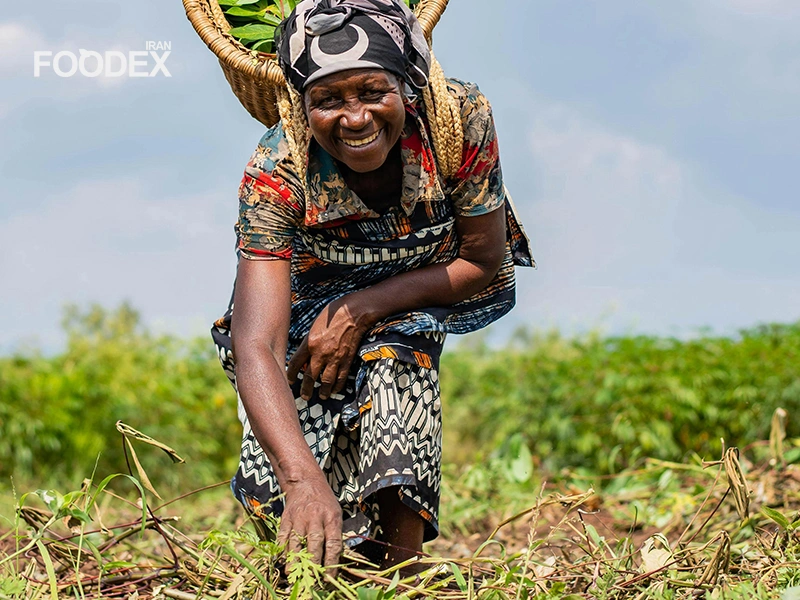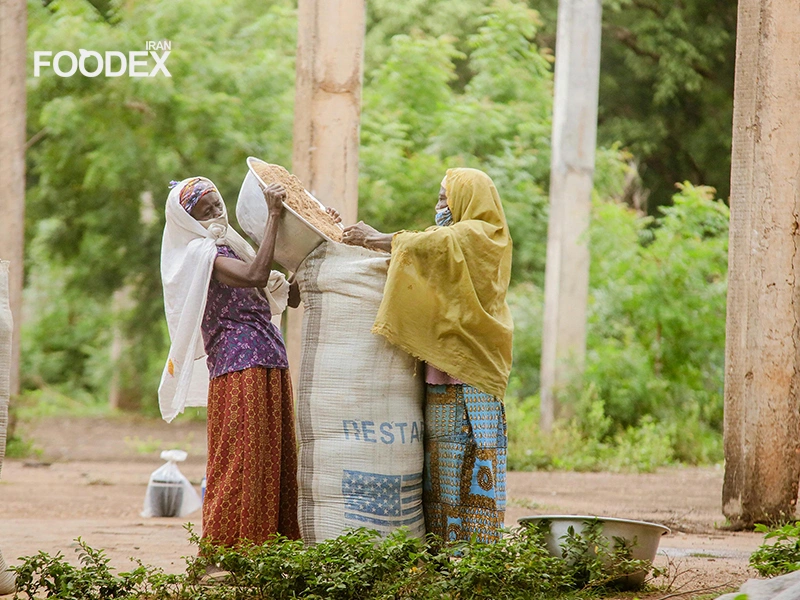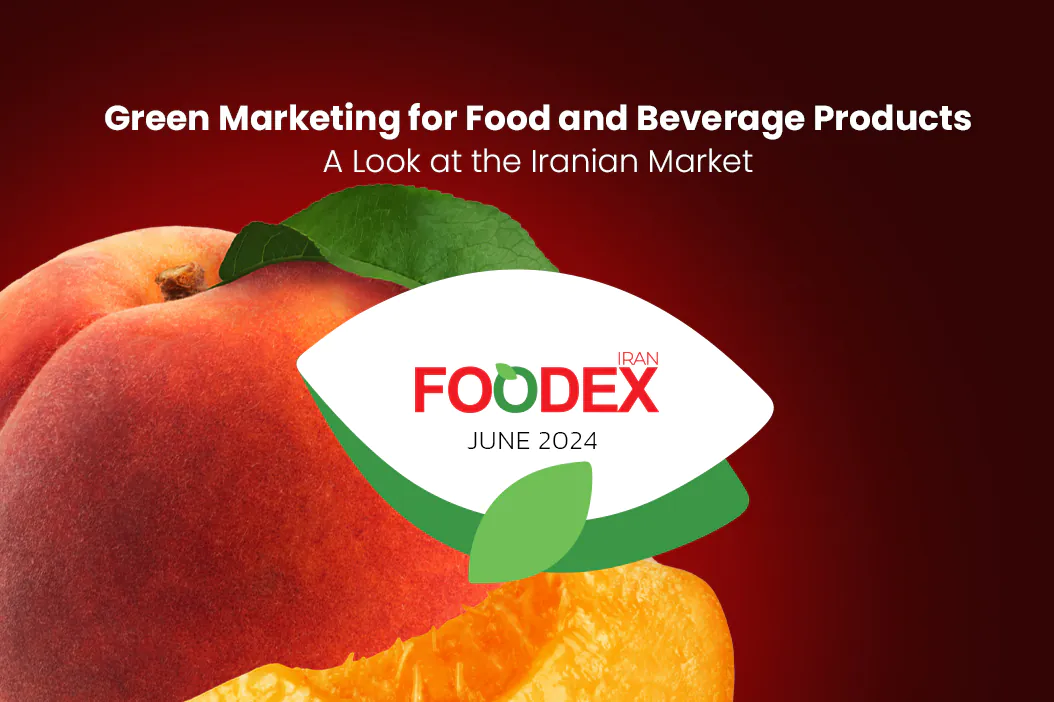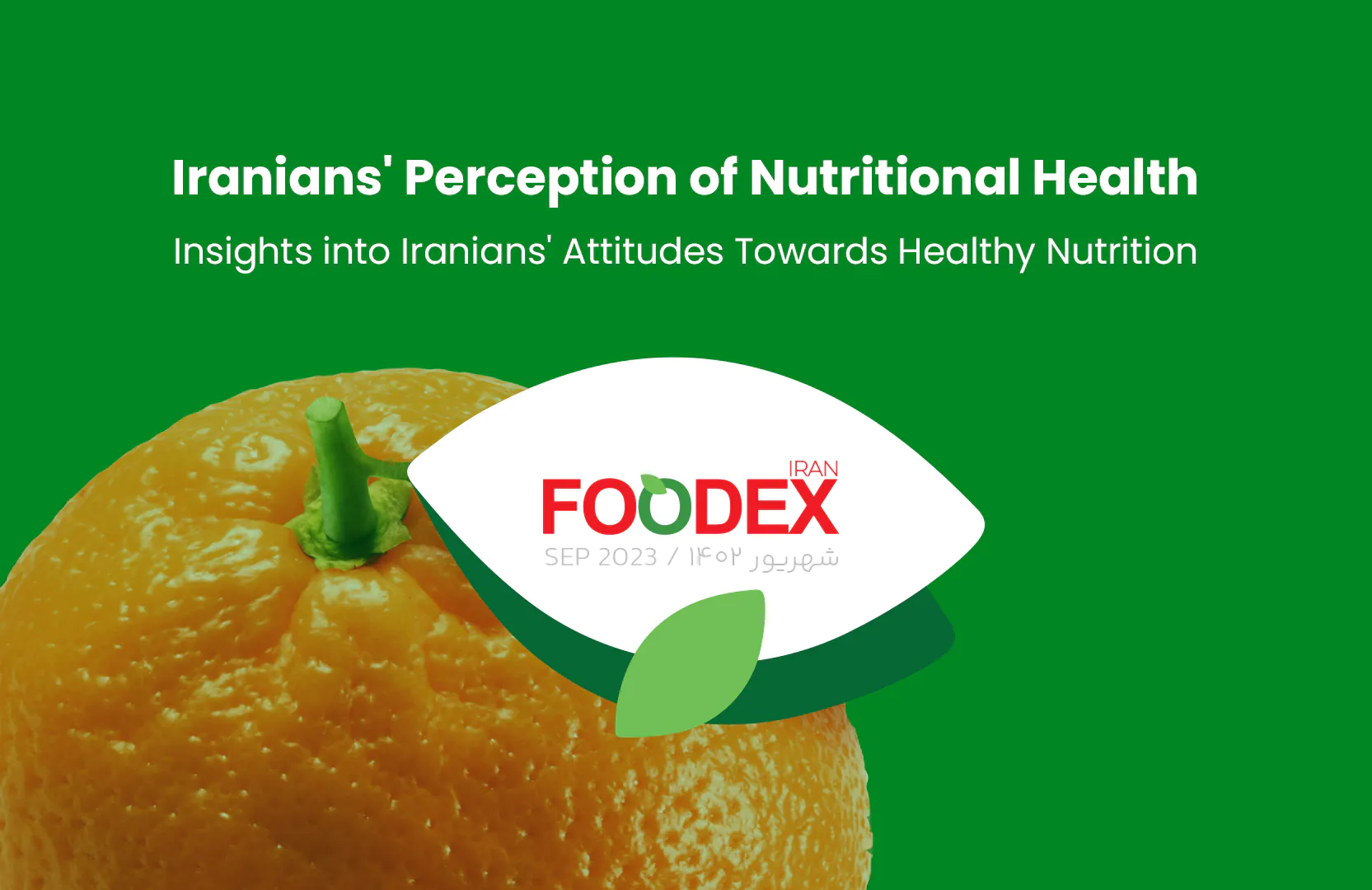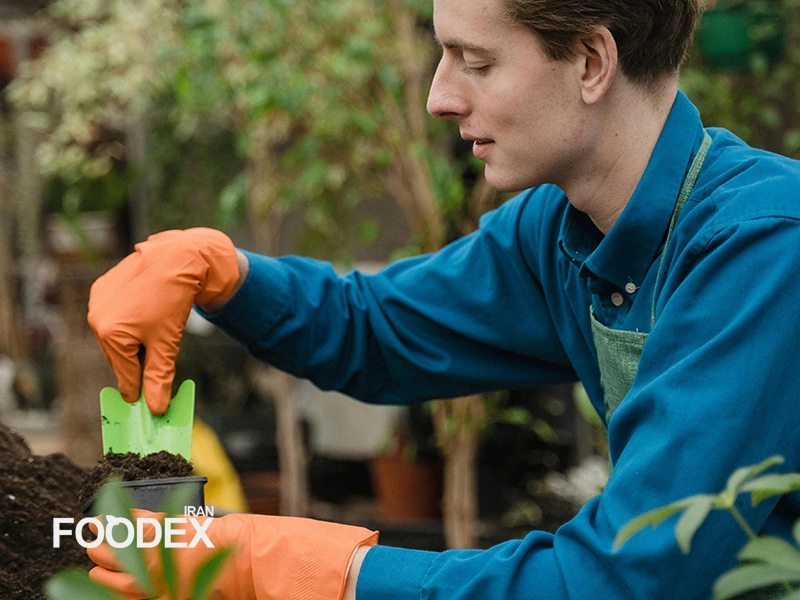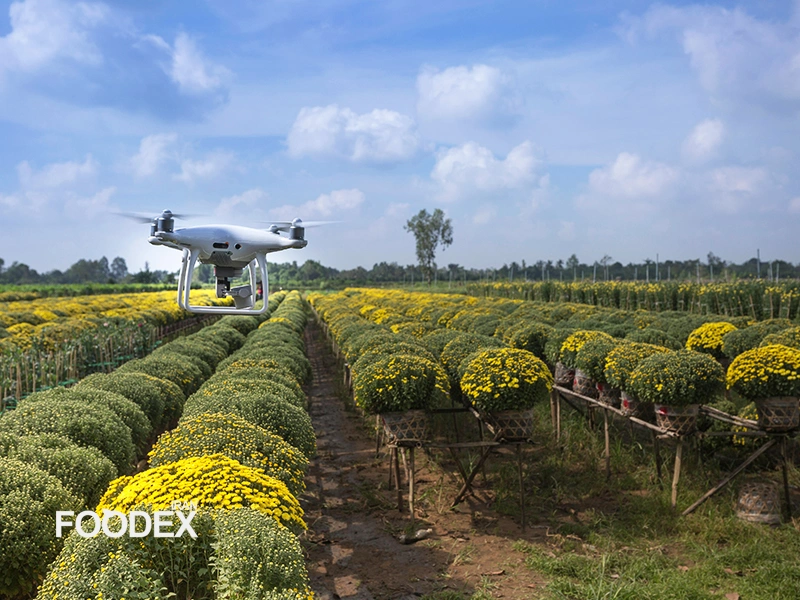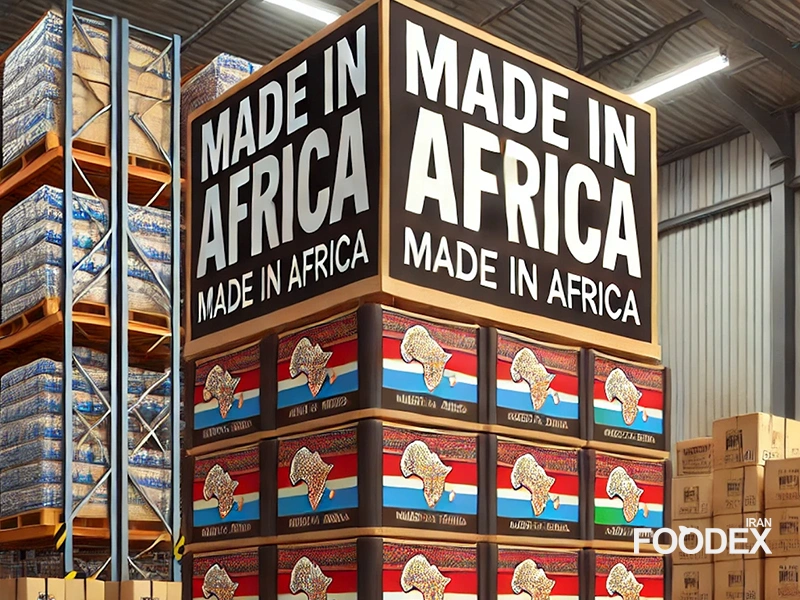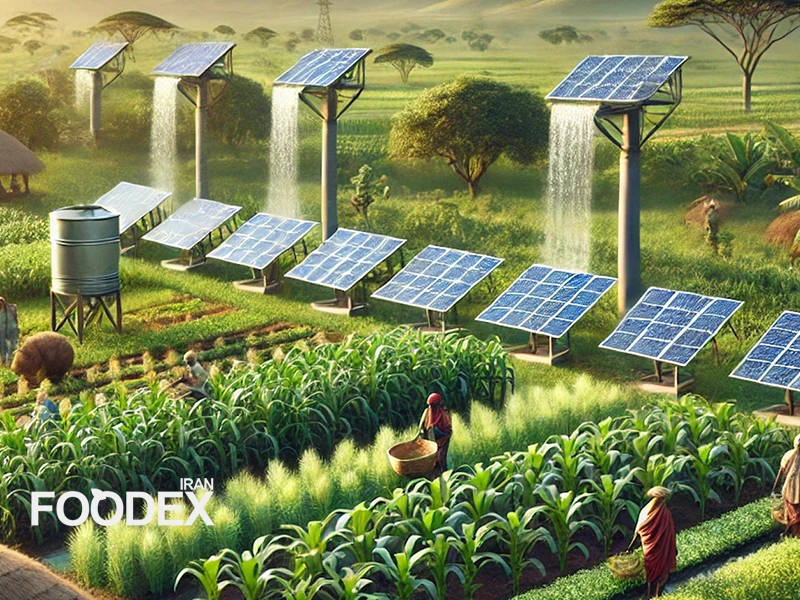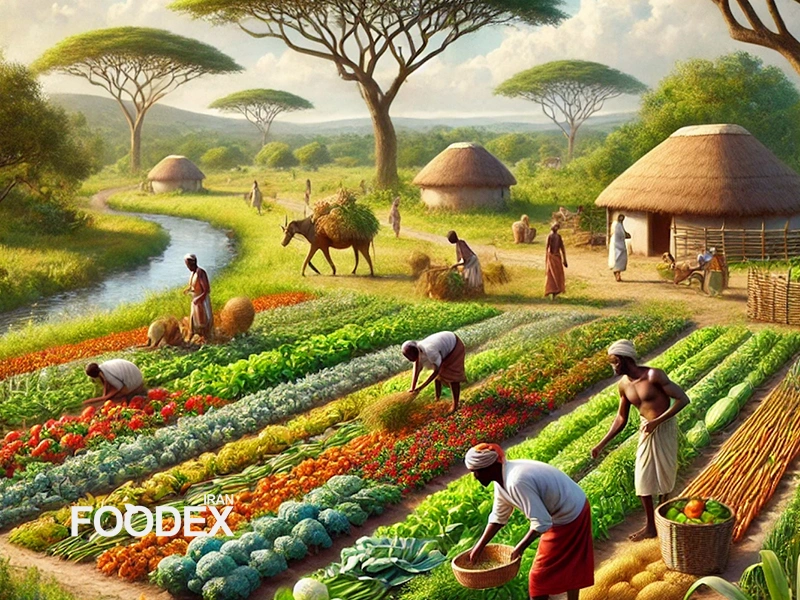Women are indeed the backbone of agriculture in many African countries, where they represent over 70% of the labor force. The involvement of women is high, but their contribution to agriculture is severely impeded by challenges related to accessing resources, technology, and financial support. This blog of Foodex, goes into why empowering women in African agriculture acts as an economic growth and sustainable development booster.
Challenges Faced by Women in Agriculture in Africa
Limited Access to Land and Facilities
The inability of women farmers to access land for crop production is one of the major binding constraints they face. In most African countries, the laws of land ownership favor men, hence leaving women farmers with less command over the land they cultivate. The World Bank estimates that only 20% of farmland in Africa is owned by women, while other estimates also suggest this restrains their potential to expand their farming enterprises and raise production.
Lack of Access to Financial Means
One common binding factor for women farmers is the inaccessibility of credit and financial facilities, which ultimately results in women not investing in improved tools and farm technologies. This is highly evident in East and Southern Africa, where women receive a fraction of financial support when compared to men.
Lack of Training and Education
Training programs regarding modern farming, resource management, and product marketing are generally out of the reach of women. Therefore, the productivity of a female farmer is usually lower compared to that of the male farmer, and hence her potential contribution to the agricultural economy is reduced.
Eco-Friendly Agriculture in Africa
Learn MoreStatistics and Data
According to the FAO, agricultural output could increase by as much as 30% in many countries if women enjoyed equal access to land and financial resources as men. Closing the gender gap in agriculture can pull millions of people above the poverty line and increase food security substantially in Africa.
Indeed, according to the World Bank, despite their crucial role in agriculture, women only receive 10% of the financial credits for agricultural development. In reality, greater access to finance and education has the potential to create phenomenal economic advances in agriculture for women.
Some Solutions to Empowerment
Land ownership laws must be amended
Ensuring that women own and have control over agricultural lands through land ownership reforms, and governments should guarantee that women can legally acquire and inherit lands to expand their production and income-enhancing opportunities.
Increasing Access to Finance
International organizations and governments can plan and implement specialized loan programs that let the woman farmer have access to and availability of capital for purchasing equipment, modern technologies, and improvement of infrastructure. These financial tools can drive productivity and open more equable growth opportunities.
Education and Training Programs
Productive empowerment can be increased through the provision of education and training on sustainable agriculture resource management and marketing strategies relevant to women. In this regard, such programs should enhance the ability of women to compete successfully in both local and international markets.
Enabling Women to Participate in Decision Making
It is important that women be actively involved in decision-making processes on agricultural and rural development. The governments and agricultural organizations should, therefore, design participatory programs wherein the women’s voices could be heard regarding policymaking and development strategies.
Case Study: Kenya
Other initiatives have equally been put in place to promote women’s participation in Kenyan society. For example, a “Microloan Program for Women Farmers” has been established to provide women farmers with access to low-interest loans, enabling them to acquire the most recent farming tools and technologies that are available on the market. In this way, supported by government and non-governmental organizations, women can increase their levels of productivity and earnings.
Specialized training that incorporates resource management and modern farming techniques has also been initiated for some areas in Kenya. By doing so, improved income for women, as well as food security in rural areas, has been observed in certain regions, developing a more viable agricultural system.
Africa’s Agricultural Potential
Learn MoreConclusion
Empowering women farmers in Africa will have a double benefit: the improved livelihood of women farmers may also serve as a driver for economic growth and food security on the entire African continent. Land ownership law changes, finance resource access, and customized education programs can allow women to become leaders in agricultural development in Africa. Coordinated collaboration by governments, the private sector, and international organizations is key to making this a reality and translating the agricultural potentials in Africa into success.
Sources
Food and Agriculture Organization – FAO
World Bank Agricultural Reports
WEF – World Economic Forum
Ehsan Allahverdi
Executive Manager of Foodex Iran
Marketing Consultant for Leading Food & Beverage Brands
website | linkedin


